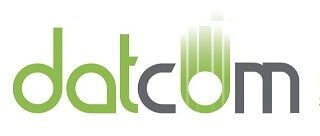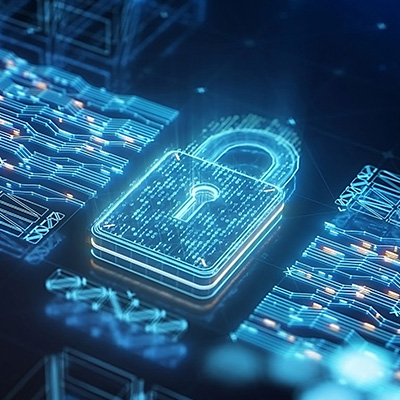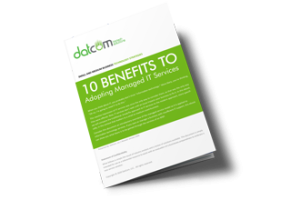Data privacy has never been such an important issue for businesses and individuals alike. In some places, calls for overarching legislation to protect consumers have often been met with significant pushback by lawmakers who are reluctant to put extra regulations on businesses, while others have passed important laws dictating how organizations handle individual data.
For the individual, it’s pretty cut and dry: You want control over how your personal information is used. People often talk about how you can either choose to prioritize security or privacy, but in today’s digitally-driven world, knowing how to use security to enhance your individual data privacy is important. Let’s take a look at tips on how you can use your data security to better protect your personal information.
Build Strong, Unique Passwords
One of the simplest yet most effective ways to enhance data security is to use strong, unique passwords for all your online accounts. You’ll want to create complex passwords with a mix of upper and lower case letters, numbers, and symbols. One of the best tips you can use is to use a password manager to generate and store these passwords securely. That way you only need to protect one password and all your account passwords can be extremely strong.
Enable Two-Factor Authentication
Two-factor authentication (2FA) adds an extra layer of security to your accounts. Even if a hacker manages to obtain your password, they won’t be able to access your account without the second authentication factor, which could be a text message, a mobile app, or a hardware token. Enable 2FA wherever possible, especially for your email and financial accounts.
Regularly Update Software and Devices
Cybercriminals often exploit vulnerabilities in outdated software and operating systems. Keep your devices and software up to date to ensure you have the latest security patches. Enable automatic updates whenever possible to reduce the risk of overlooking critical updates.
Secure Your Wi-Fi Network
Your Wi-Fi network is a potential entry point for hackers. Protect it by changing the default router password, using strong encryption (WPA3 is the latest standard), and regularly updating your router’s firmware. Additionally, consider hiding your network’s SSID and using a strong network password.
Be Mindful of Public Wi-Fi
Public Wi-Fi networks are often insecure and susceptible to eavesdropping. Avoid accessing sensitive information, such as online banking or email, while connected to public Wi-Fi. If you must use it, consider using a virtual private network (VPN) to encrypt your internet traffic and protect your data.
Training and Education
Knowledge is a powerful defense against cyberthreats. Stay informed about the latest scams and phishing techniques, their strategies, and how people are successfully keeping their data safe. Be skeptical of unsolicited emails, messages, and requests for personal information.
Regularly Back Up Your Data
Data loss can happen due to various reasons, including cyberattacks, hardware failures, or accidents. Regularly back up your data to a secure cloud service or an external hard drive. This ensures that even if your data is compromised, you can still recover it.
Use Encrypted Communication
Whenever possible, use encrypted communication methods like end-to-end encrypted messaging apps and secure email services. Encryption ensures that even if intercepted, your messages and data remain unreadable to unauthorized parties.
Monitor Your Accounts
Regularly review your bank and credit card statements, as well as your credit reports, for any suspicious activity. Early detection can help you mitigate potential damage from identity theft or financial fraud.
If you are looking for ways to keep your personal information out of the hands of people you don’t trust, follow the list above and you will do everything you can to protect this data. Return to our blog regularly for more useful strategies to improve your personal data protection.



